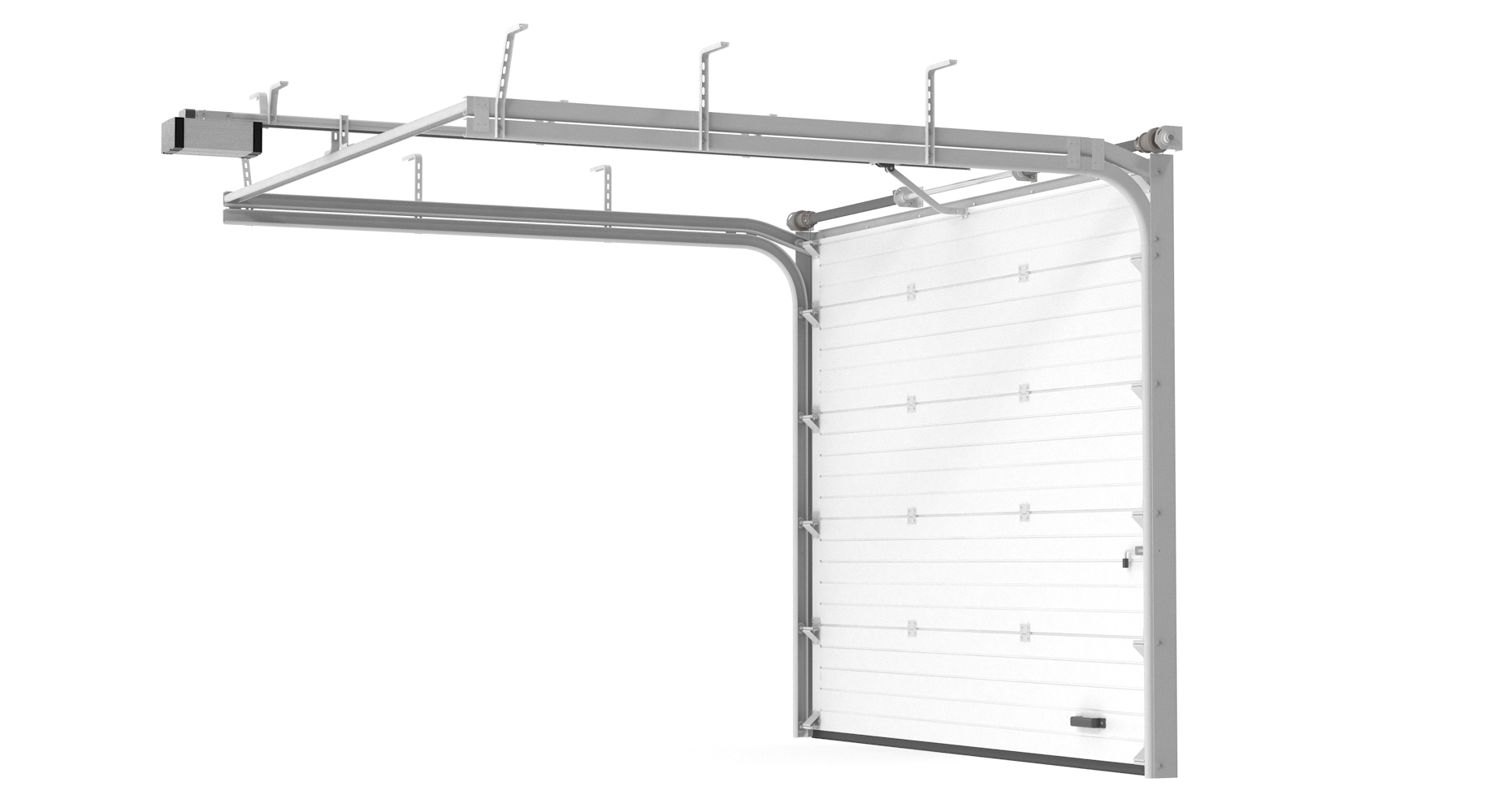Common Signs of Garage Door Hinge Issues
Common Signs of Garage Door Hinge Issues
Blog Article

Garage doors are essential components of home security and convenience, and the hinges play a crucial role in their functionality. Properly functioning garage door hinges ensure smooth operation, allowing the door to open and close effortlessly. However, like any mechanical system, garage door hinges can experience wear and tear over time, leading to potential issues that may require repair. Understanding the common signs of hinge problems, knowing how to fix them, and recognizing when to seek professional help is vital for maintaining your garage door's performance.
Common Signs of Garage Door Hinge Issues
Identifying garage door hinge problems early can save you time and money in the long run. Here are several signs that may indicate your garage door hinges are in need of attention:
- Unusual Noises: If you hear grinding, squeaking, or popping noises when opening or closing the door, it may suggest that the hinges are damaged or require lubrication.
- Misalignment: If the garage door does not align properly with the frame, it could be due to worn-out or broken hinges affecting the door's balance.
- Difficulty Opening or Closing: Struggling to open or close the door smoothly can indicate that the hinges are stuck or malfunctioning.
- Visible Damage: Inspect the hinges for signs of rust, cracks, or other physical damage that may hinder their performance.
Step-by-Step DIY Garage Door Hinge Repair Guide
If you notice any of the signs mentioned above, you may be able to address the issue with some basic tools and a bit of effort. Here’s a comprehensive guide to repairing garage door hinges:
Tools Needed:
- Socket wrench or screwdriver
- Lubricant (such as silicone spray or grease)
- Replacement hinges (if necessary)
- Safety goggles and gloves
Repair Steps:
- Safety First: Before beginning any repair work, disconnect the garage door opener to prevent accidental activation.
- Inspect the Hinges: Examine all the hinges for damage. If they appear rusty or bent, they may need to be replaced.
- Lubricate the Hinges: Apply lubricant to the hinges and any moving parts. This can help alleviate noise and improve functionality.
- Tighten Loose Screws: Use a socket wrench or screwdriver to tighten any loose screws on the hinges. This can help restore stability and alignment.
- Replace Damaged Hinges: If you find any hinges that are beyond repair, remove them using the socket wrench or screwdriver. Install new hinges by aligning them with the existing holes and securing them with screws.
- Test the Door: Reconnect the opener and test the garage door to ensure it operates smoothly and quietly.
When to Call a Professional for Garage Door Hinge Repair
While many hinge issues can be resolved with a DIY approach, there are situations where it’s best to consult a professional. Consider reaching out to an expert if:
- The damage is extensive and involves multiple components of the garage door system.
- You are uncomfortable performing repairs or lack the necessary tools.
- The door is misaligned to the point where it poses safety risks.
- You notice any electrical issues related to the garage door opener.
Finding a reputable garage door repair service is critical. Ask for recommendations from friends or family, check online reviews, and ensure the service provider has the necessary licenses and insurance. A qualified technician will not only repair the hinges but can also provide insights on maintaining your garage door in optimal condition.
In summary, understanding the signs of garage door hinge problems and knowing how to address them can enhance the longevity and functionality of your garage door. For more detailed guidance and professional assistance, consider visiting Goldie Garage Doors for expert help.
Report this page